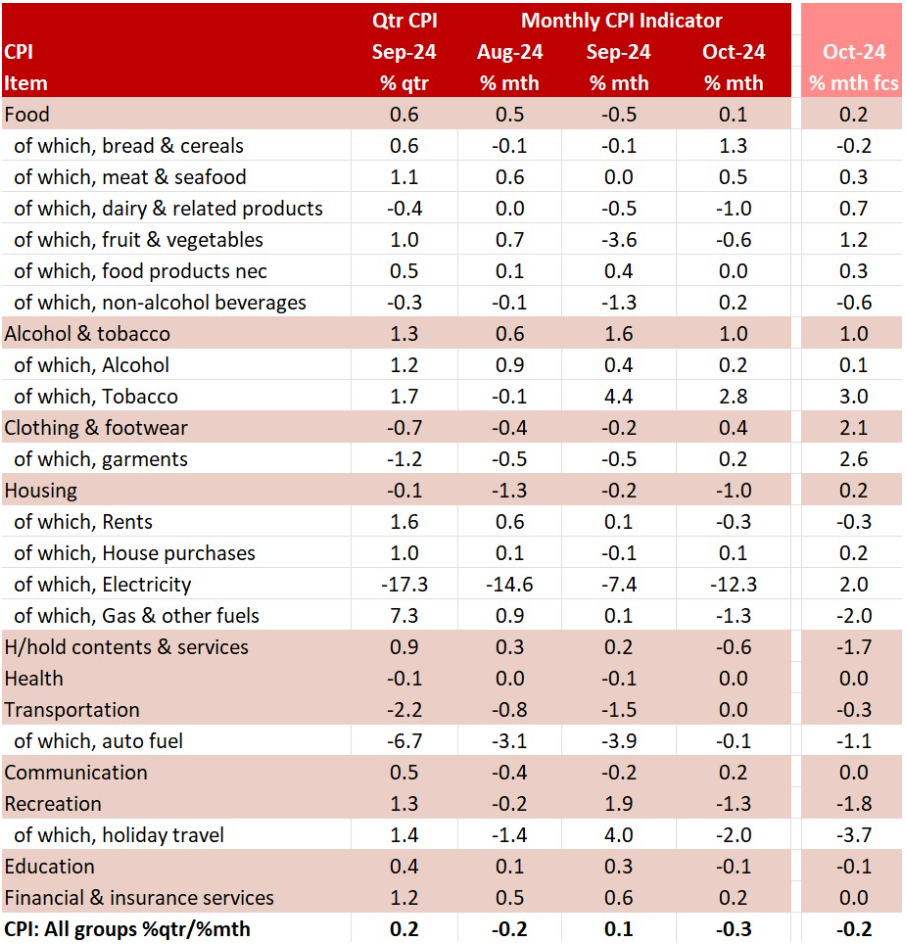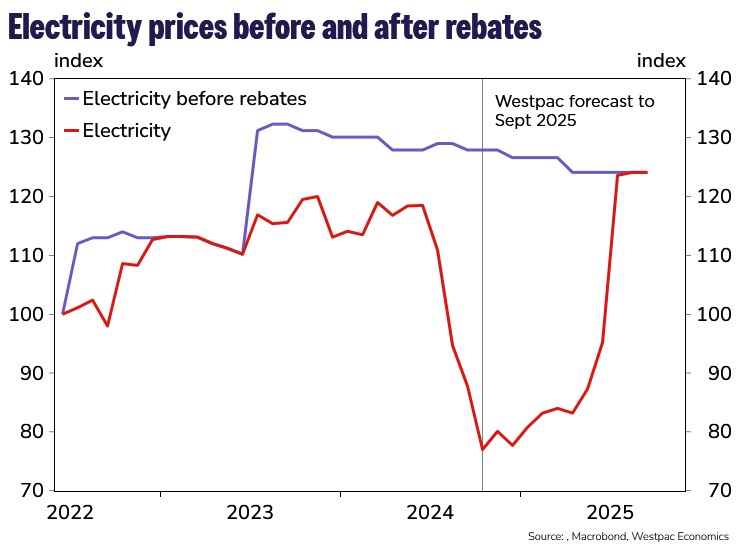Egghead economists are still refusing to admit the obvious—that energy rebates have killed inflation.
The last three months in Australia have registered an inflation rate of -1.6% annualised thanks largely to energy rebates.

The eggheads argue that it is all an illusion based on energy rebates being temporary.

But, ask yourself, will the Albanese government and its state mates allow a new cost-of-living shock to transpire right in the middle of a 2025 federal election?
Or are they going to renew and even grow the rebates? Like they did in the QLD election, which helped sandbag the result.
If you think the answer is “no” then you should apply for a job at the lunatic RBA where failed political analysis is highly prized and used to overtighten the cash rate.
If you think the answer is “yes” then you are in the rapidly collapsing inflation camp.
The eggheads also argue that the rebates will have no long-term impact on underlying inflation.
But this is also wrong. There is a strong pro-cyclical feature in the CPI in administered prices such as booze, tobacco, health, education etc.
These are all indexed to headline inflation, so if it falls, then so will a lot of the pro-cyclical components.
Yesterday’s monthly CPI hinted that that process is beginning as well.

Aussie core inflation lifted with rents but that won’t last. Leading indicators show more falls ahead.
With the energy rebates in place, Australian inflation is no different to other DMs that have been cutting rates for months. Andrew Boak at Goldman.

If the lunatic RBA waits until May to cut, it will undershoot its target.

